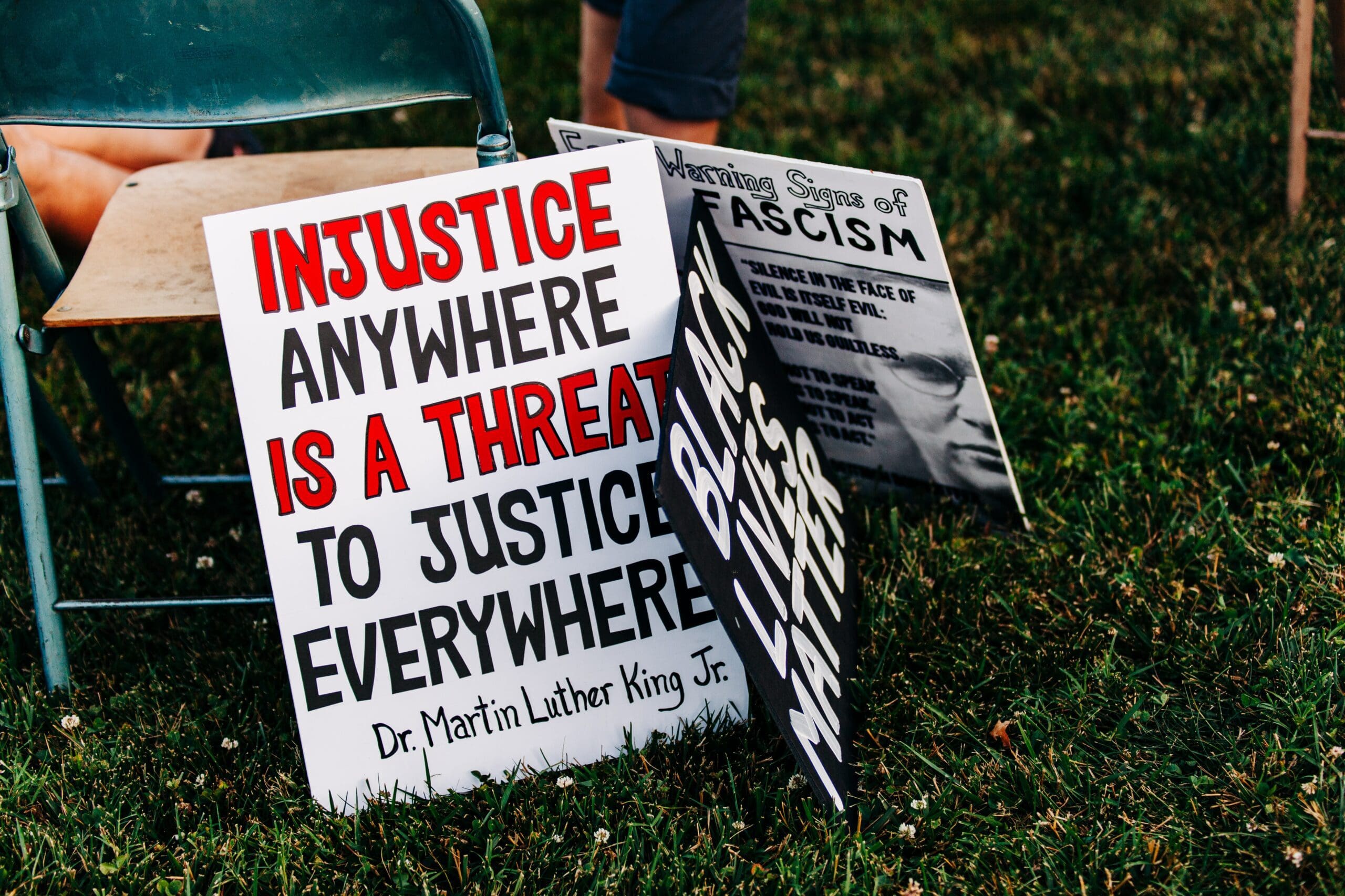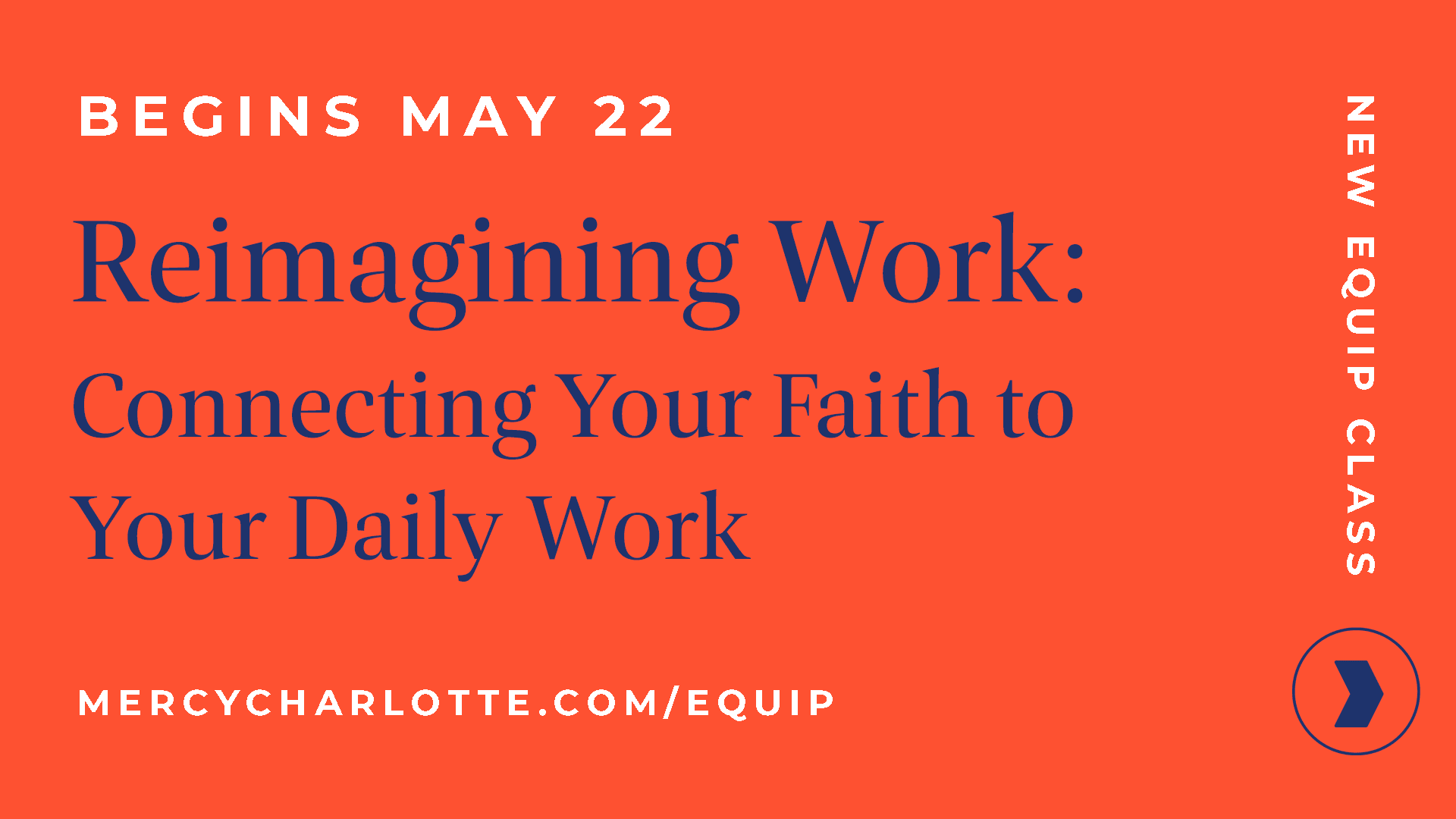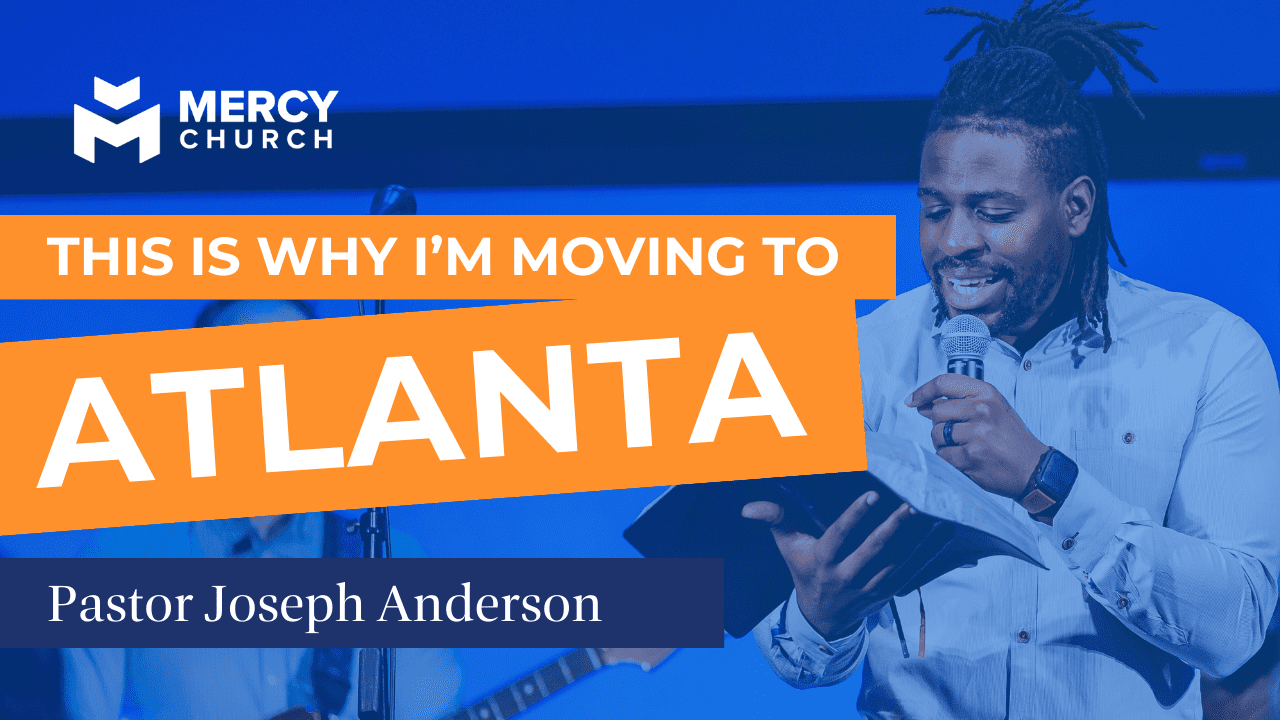Pastor Rashard originally wrote this article for Juneteenth 2019. To provide some background around this day, we wanted to repost it this year for anyone who may not have had a chance to read it before. The links have been updated.
Mercy Family,
What is Juneteenth?
You may not know, but on June 19th many African Americans around the country will celebrate a holiday called Juneteenth. Juneteenth is typically observed over the weekend of June 19th or the weekend leading up to the holiday. It is not a national holiday, but 40 states in the US have adopted it statewide. It is known as Juneteenth Independence Day or Freedom Day. Juneteenth originated in my home state, the great state of Texas. Although I wish I could brag about the glories of Texas, the grandeur of the Lone Star is not the purpose of this post. In fact, this is about one of the most disturbing events in Texas’ history.
President Abraham Lincoln signed the Emancipation Proclamation on September 22nd, 1862, and it took effect on January 1st, 1863. This statement officially ended slavery in the Confederacy, on paper. But it took more than two years for the news of freedom to be communicated to slaves in Texas. Though around 250,000 slaves were affected by this decree, many slave owners delayed the information until after the harvest season. Juneteenth commemorates the long-awaited declaration of the abolition of slavery in Texas that took place on June 19th, 1865.
Why is Juneteenth Important?
We need to understand slavery within the American framework. It has been well documented that America is not the only country that has practiced slavery, but according to Bryan Stevenson in his masterful book Just Mercy, we were not a nation with slaves – we became a slave nation. He says, “Lots of countries had slaves, but they were mostly societies with slaves. We became something different, and we became a slave society. We created a narrative of racial difference to maintain slavery.”
So this holiday has a vital significance in America. Juneteenth reminds us of how we became a nation. Have you considered how the landscape of America changed with the Emancipation Proclamation and its residual amendments? The 13th, 14th, and 15th amendments were passed because of the catalytic motion of the Emancipation Proclamation.
Why should you care?
Juneteenth is the symbolic representation of America’s sin of slavery. Celebrating Juneteenth allows you to celebrate what God has done and is still doing in this country. I say this with gentleness and brevity, but we are not in a post-racial society. Our country is still very much broken by racism. Our Constitution declares that all men were equal, that their Creator endows them with certain unalienable rights. All men are declared to be treated with dignity because that is how God loves us. Celebrating Juneteenth should remind you as a Christian that our God is for justice. He wants everything that is against his design to be put back in order. That is what he did for you when Jesus hung on the cross in your place. He was putting all things back in order. He gave you freedom from your sin and made you acceptable to the Father. You were liberated. Therefore, as Christians, we should celebrate liberation that leads to freedom.
How can you celebrate?
First, I want to challenge you not to make this holiday about yourself. I have found this to be a common response among my white brothers and sisters in Christ. I say this with love, but nobody is pointing the finger at you telling you that slavery is your fault. You can, however, be a part of the healing of our country. So on June 19th, I want to challenge you to discuss this with your family and friends.
If you are a parent, I think it is healthy to let your children know about race and racism. Teaching “colorblindness” is not the correct approach. Instead, teach your children how far we have come and how far we have to go. Then spend some time praying with your children for our nation. Simply put, our country is broken. If you need a place to start to begin talking with your children about race, my friend and dissertation advisor, Curtis A. Woods, wrote a beautiful book titled The Gospel In Color For Kids: A Theology of Racial Reconciliation for Kids. This is an excellent resource for engaging the conversation.
For everyone else, spend time praying for those who are still wrestling through the effects of racism, and pray for all the new forms of racism that are taking place in our country. God can heal – it is his nature.
*The Gospel in Color For Kids is currently out of stock on Amazon. For a parental resource, you can check out The Gospel in Color for Parents.
If you’d like to learn more about racial reconciliation and systemic oppression here is Pastor Rashard’s top 10 book list:
- Oneness Embraced – Tony Evans
- Free at Last – Carl Ellis
- The Color of Compromise – Jamar Tisby
- Fire Next Time – James Baldwin
- The Souls of Black Folk – W.E.B. DuBois
- I Am Still Here – Austin Channing Brown
- Tears We Cannot Stop – Michael Eric Dyson
- Divided by Faith – Emerson & Smith
- Woke Church – Eric Mason
- Heal Us Emmanuel – Various Writers
Bonus Reads: The Color of Law – Richard Rothstein, We Want a Different Story – Terrance June Gray





